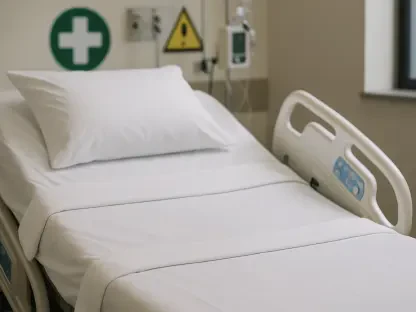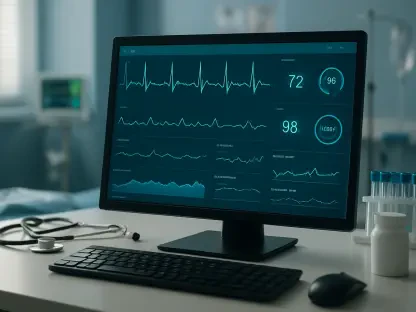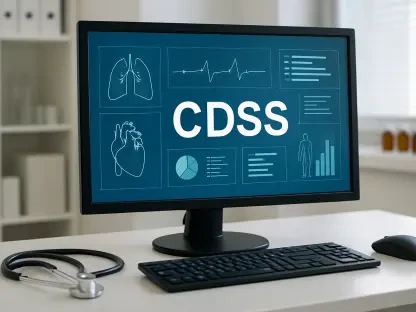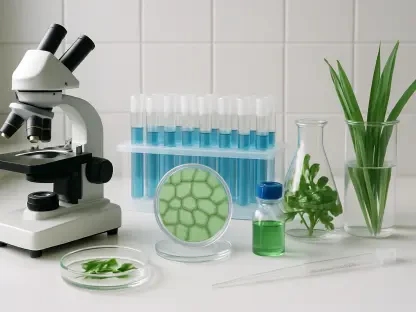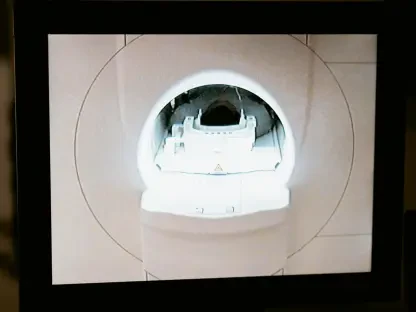I’m thrilled to sit down with James Maitland, a renowned expert in robotics and IoT applications in medicine, whose passion for integrating cutting-edge technology into healthcare has revolutionized patient care solutions. With a deep understanding of cardiovascular devices, James offers invaluable insights into the latest challenges and innovations in the field. Today, we’ll explore the critical role of heart pumps like the Impella, delve into the recent recall of certain automated controllers, and discuss the broader implications for patient safety and industry standards. Let’s dive into this fascinating conversation about the intersection of technology and life-saving medical advancements.
Can you walk us through what the Impella heart pump is and why it plays such a vital role in patient care?
The Impella heart pump is a game-changer in cardiovascular medicine. It’s a small, catheter-based device that temporarily supports the heart’s pumping function, particularly during high-risk procedures like stenting or for patients in cardiogenic shock—a condition where the heart can’t pump enough blood to meet the body’s needs. By taking over some of the heart’s workload, it helps maintain blood flow, giving the heart a chance to recover or stabilize during critical interventions. It’s often a lifeline for patients who might not survive without this kind of support, especially those with severe heart failure or undergoing complex surgeries.
What’s behind the recent issue with the automated Impella controllers that prompted this recall?
The problem centers on a specific component in the pump driver circuit assembly of 69 controllers. These assemblies were built with 25-volt rated tantalum capacitors instead of the required 35-volt rated ones. This mismatch can compromise the system’s reliability, potentially leading to decreased pump performance or even a complete stop. When that happens, the device may trigger alarms like “Impella Failure” or “Controller Failure,” signaling a serious risk to the patient’s circulatory support.
How significant is this technical glitch for patients relying on these devices?
It’s a critical issue because any reduction or stoppage in pump performance can directly impact a patient’s survival. The heart pump is often used in life-or-death situations, so a failure could mean the loss of vital blood flow, potentially leading to organ damage or worse. The alarms are a warning to medical staff that something’s wrong, but they don’t fix the underlying problem. It’s a stark reminder of how even small component discrepancies can have outsized consequences in medical technology.
There’s been a report of one death associated with this issue. Can you shed light on the impact of such incidents?
Yes, it’s heartbreaking to hear about a loss of life tied to this issue. While specific details about the case aren’t widely public, it underscores the gravity of device reliability in critical care. Any incident like this prompts a thorough investigation to understand what went wrong and how to prevent it in the future. Companies typically work closely with regulatory bodies like the FDA to analyze these events, implement fixes, and enhance safety protocols. It’s a tough but necessary part of ensuring trust in these technologies.
How did the company identify the specific controllers affected by this capacitor problem?
The identification process likely involved a detailed review of manufacturing records to trace which batches of controllers were assembled with the incorrect capacitors. This kind of detective work is standard in recalls—tracking serial numbers, production dates, and component suppliers. It’s meticulous, but it ensures that only the affected units are pulled from use, minimizing disruption while prioritizing safety. Communication with hospitals and healthcare providers is also key to locate and quarantine these devices.
What actions are being taken to manage this recall and support affected customers?
The company has advised customers to quarantine the affected controllers, meaning they’re to be removed from use and isolated to prevent any risk. They’ve also initiated a remediation process, which could involve replacing or repairing the faulty units. Additionally, providing loaner controllers ensures that patient care isn’t interrupted during this period. It’s a proactive approach to maintain continuity while addressing the root issue, though the timeline for full resolution depends on logistics and the scale of the fix.
With a reported complaint rate of just 0.006%, how do you view the overall safety profile of these heart pumps?
A rate that low might sound reassuring at first glance, but in the context of medical devices, even a tiny percentage can represent a significant risk when you’re dealing with life-saving equipment. Each complaint, especially one involving a death, is a call to action. It’s not just about the numbers—it’s about the impact on individual lives. The industry must balance this data with rigorous quality control and continuous improvement to ensure that even rare failures are minimized further.
What’s your forecast for the future of cardiovascular devices like the Impella in light of challenges like this recall?
I’m optimistic about the future, despite setbacks like this recall. Cardiovascular devices are evolving rapidly with advancements in robotics, IoT, and AI, which can enhance real-time monitoring and predictive maintenance to catch issues before they become critical. Challenges like component failures push the industry to refine standards and adopt smarter manufacturing processes. I believe we’ll see even safer, more reliable devices in the coming years, as long as there’s a commitment to transparency, innovation, and patient-centered design.


